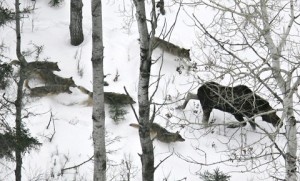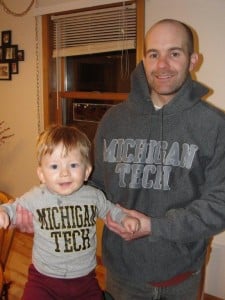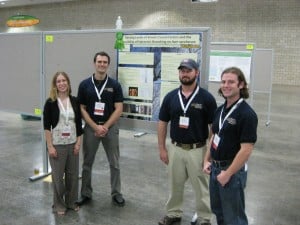Marjorie is now leading the day-to-day implementation of the Reforestation Initiative at NRG, including new capital contracting and an expanded NRG Forest Restoration Team. She comes to Natural Resources from Central Forestry, where she was the Street Trees Planting Manager for Manhattan with responsibility for planning, design and budgeting, as well as contract management.
Marjorie received her bachelor’s degree from SUNY Albany and her master’s degree in Forestry from Michigan Technological University. Her past field experiences are highlighted by stints as a ranger in Yosemite National Park and work with the Peace Corps in Nepal.


 Join us in the field for a Moosewatch research expedition as part of the Wolf-Moose Study program on Isle Royale!
Join us in the field for a Moosewatch research expedition as part of the Wolf-Moose Study program on Isle Royale!



